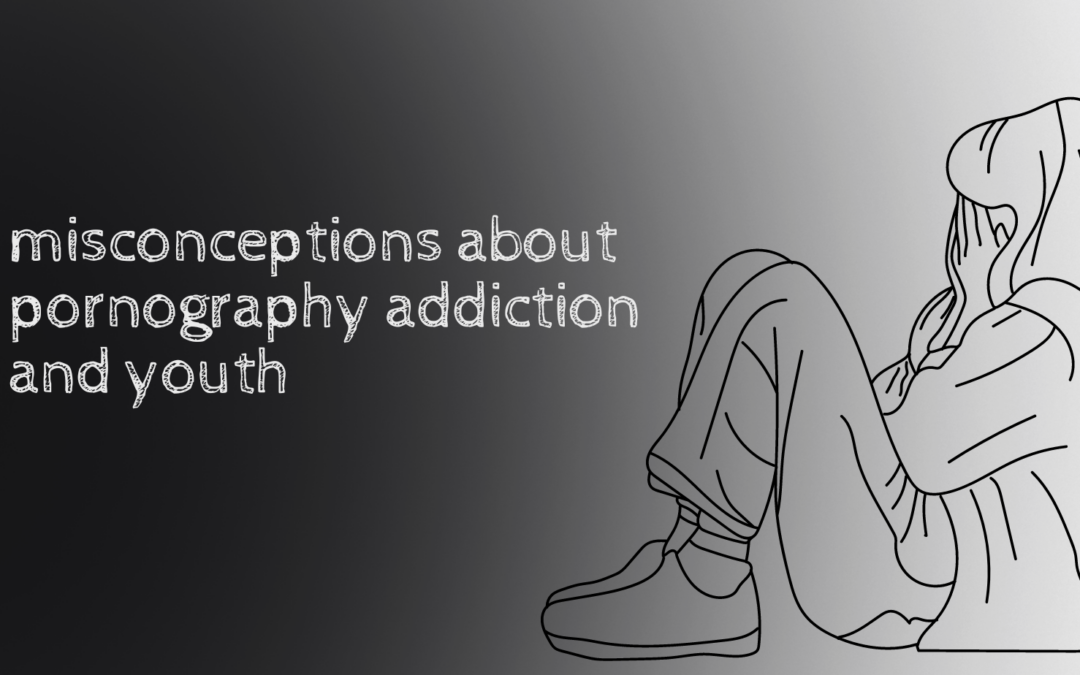As part of our efforts to spread the STAR Guides program, we have had the chance to visit with many parents, church leaders, therapists and youth from various parts of the country on the topic of pornography addiction among youth and young adults. Based on these conversations, it seems clear that many youth and young adults struggling with the addiction, but we have been surprised by how few actually seek professional treatment for dealing with the addiction. Here are three misconceptions that we believe explain this:
Yes, it’s a problem…but is professional intervention really needed?
Too often, the chronic use of pornography by youth is not viewed as an addiction, but rather just a bad habit. The word “addiction” is strong and there is hesitancy on the part of parents, church leaders and youth to accept that an addiction exists. Because of shame and embarrassment, youth may minimize or downplay the extent of the problem. As a result, parents and church leaders are often not fully aware of the depth of the issue resulting in the conclusion that professional help is not necessary. The unfortunate reality of pornography addiction is that most are unable to break free on their own without help.
“You just need to try harder.”
Overcoming an addiction to pornography can be very difficult. Too often, those not familiar with the strength of the addiction simplify the process and expect that more desire and more willpower should result in terminating the addiction. It is hard for those not familiar with addiction to comprehend why some youth continue to relapse into viewing pornography despite every intention to remain abstinent. While increased commitment and effort are vital to overcoming the addiction, we need to empower our youth with every possible tool for learning to manage the addiction including spiritual support, emotional support, internet accountability and professional intervention. In fighting pornography addiction, there is no such thing as too much intervention.
A few months abstinence equals recovery.
Some addicted youth are able to refrain from viewing pornography for several weeks and even months using willpower. While this shows a strong effort on their part, too often youth who have not participated in treatment will eventually relapse back into viewing pornography. It is important for youth, parents and church leaders to recognize the need for those who have been addicted to have the opportunity to analyze and explore the nature of the addiction including the underlying emotional and psychological issues that lead to the formation of the addiction. Too often, a few months abstinence is misinterpreted as the problem being resolved and thus, no need for participation in professional treatment.

